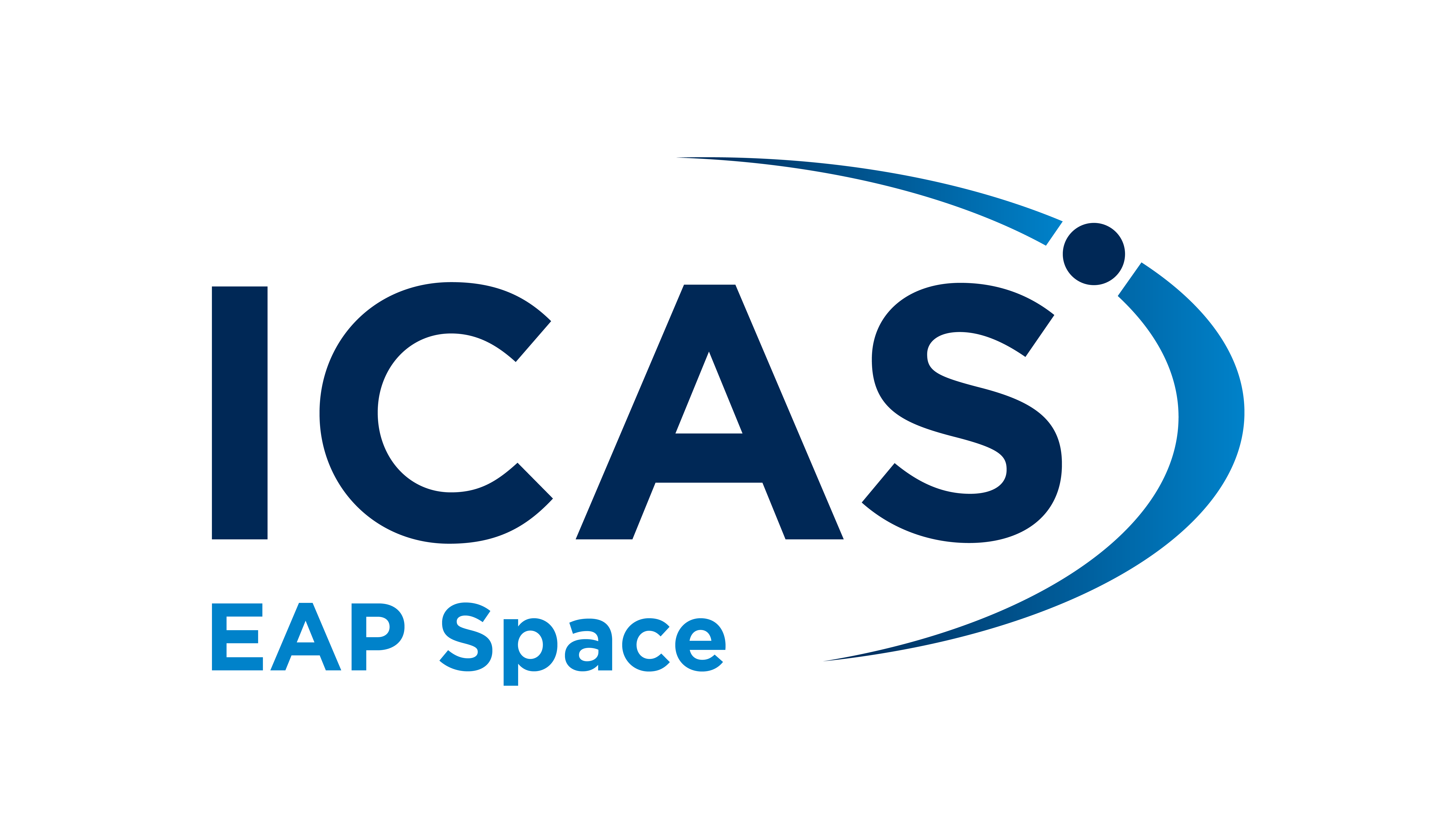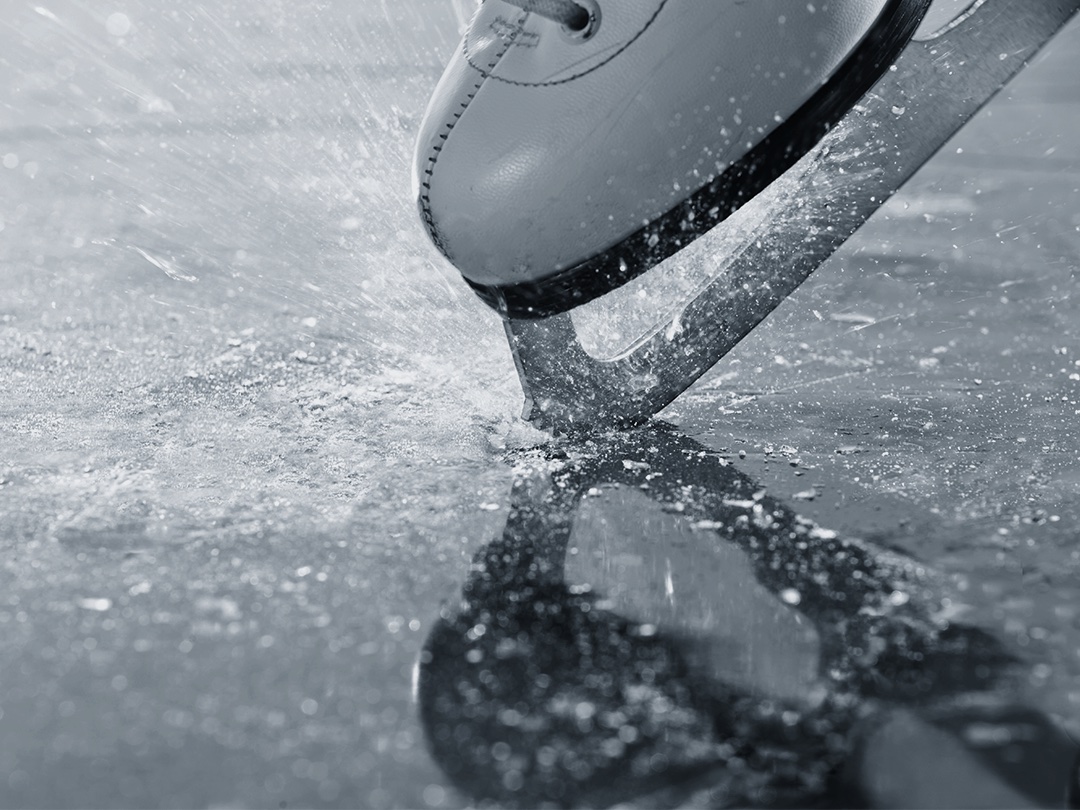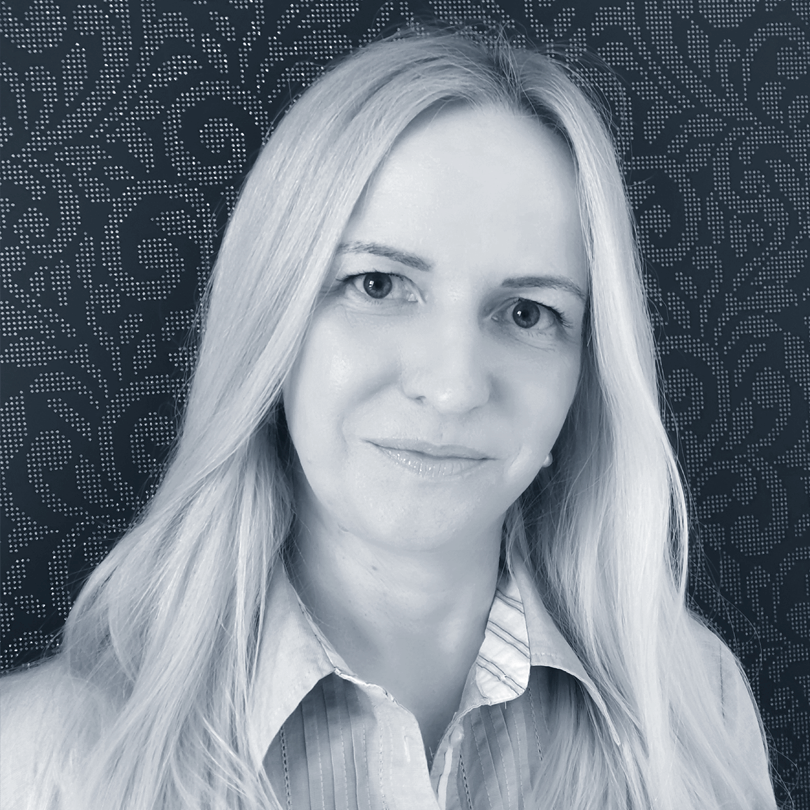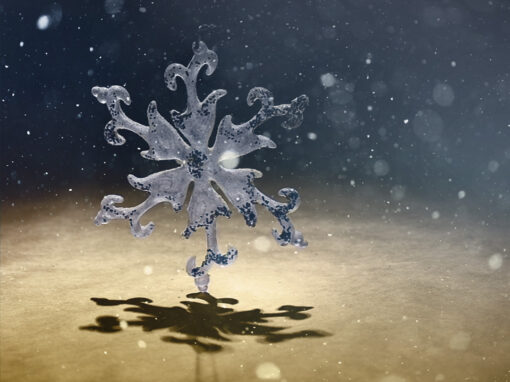After all the turmoil that the previous years have brought, many of us could now wish for balance. But what would it actually look like? Where should you look for it? Do you have to discover it or build it? Is it perishable by nature or can it last longer? At ICAS Poland, we often talk about balance – our daily work consists of supporting individuals, teams and entire companies to restore balance where it has been lost. At the beginning of the new year, let us consider what balance is and is not and whether and how we can get closer to it.
Balance is universally desired
Balance is a concept that functions in many fields and is usually positively associated. The physiological sense of balance allows us to move without falling. Homeostasis of the body, i.e. the ability to maintain relatively constant vital parameters, is a condition for health. The balance of power between states increases security in the world. The levelling of demand and sales in the economy usually translates into periods of prosperity. Maintaining harmony between elements of the environment protects against ecological disasters. Certainly, balance is something we want, and we understand that violating it usually ends badly. So much in theory, because in practice, not every balance is desirable (let us remember the times of the Cold War) and we do not always strive to maintain it (in nature, we have even reached the limits in disturbing it).
What is mental balance
When it comes to emotional, internal or life balance, we all know what it is about. However, it is enough to browse some articles in popular magazines to come to the conclusion that it is probably not really the case. Pictures show a little stone pyramid on the bank of a stream or a woman sitting cross-legged with her hands folded. In the content, there is the promise that you can discover a way to be above problems and remain calm even in the most difficult moments. You can, filled with acceptance and kindness, pursue your deepest calling… Of course, this is an illusion, but apparently, there is a demand for that fantasy. For some reason, the concept of balance allowing room for both pleasant and unpleasant experiences, balance constantly being lost and regained, does not sell so well. Nevertheless, only that concept is real.
After all, we will not freeze in perfect harmony
It is worth thinking about balance primarily as a dynamic state, not a static one. Since the environment is constantly changing, as we are, there is no point in expecting that we will ever find ourselves in a state that fully satisfies us – to remain there forever. That is why I understand such equilibrium rather as the ability to balance – being in swings proportional to what is happening, returning to what serves us, and also causing disturbances if our aspirations require them. We will not spend our lives listening to birds singing in a mountain meadow. Anyway, would we even want that? Each of us can experience beautiful moments, but we will also receive blows. Everyone can experience peace but also desire to destroy it in order to start building something new. When you think about it, perfect balance is not a condition for a good life. It is not some mysterious go to land that we need to find.
How much balance is enough
We really have to balance a lot. Activity and rest. Career and family. Momentary impulses to get lazy or buy beautiful shoes from the shop window, and long-term goals to keep fit and save for retirement. Own independence and seeking support in others. Anger at a loved one and the need to maintain a relationship. Dreams of leaving everything and going to the Caribbean – and the desire to stay exactly where we are. The sadness after loss and the desire to move on. The impulse to push aside problems and the awareness that it is better to face them. Is it realistic to expect that we will find perfectly weighted solutions for all these issues? No – it is enough that we have some control over the whole thing and introduce corrections where things are threatened of turning dangerous. In this sense, balancing is simply an element of the path we follow.
Balance is a skill
If balancing is a competence, some are better at it than others. Indeed, some people have a higher tolerance for uncertainty which allows them to function well in dynamic circumstances. They do not cling to what is known; they accept the inevitability of change and the fact that sometimes you win a few, and sometimes you lose a few. They accept the lack of guarantee and that sometimes there is simply no way of knowing what “should” be done in a given situation. Some are also characterised by greater resistance, mental flexibility, or, as it has been referred to in English in recent years – resilience. They don’t break down. They can come back from the dark. They give life a second, third and hundredth chance. Can this be learnt? To some extent, yes – approaching life with openness, curiosity and focus on learning, building a support network, and working on self-esteem are helpful here. Let us note, however, that extreme uncertainty or the accumulation of problems can break the most resistant ones. Not all of us were so lucky that our experiences, as well as genes, supported building useful competences in us.
About responses adequate to situations
We can strive for balance but we will always be disturbed by one thing or another. And it is perfectly fine that we will lose it more than once. My clients sometimes talk about the difficulties they experience and say: “I wish it would flow over me”, “Please give me some tools so that it doesn’t upset me so much”. However, in many cases, their sadness, anger or grief is very appropriate to the situation they describe. Resilience is not synonymous with “I don’t bother”, with the attitude of “You stumbled? Pull yourself together, adjust your crown and move on”, or the view that “What doesn’t kill you makes you stronger”. Rather, it means acknowledging that things that happen trigger emotions. It means giving yourself time to process difficult experiences and renew your strength. Skilful balancing assumes being both more and less comfortable states. Sometimes we stagger, sometimes we fall. And we really do not need to immediately desperately restore our well-being, think about nice things, feel at one with the world and be grateful for the next development opportunity just around the corner. Too sharp adjustments also damage the balance.
Self-imposed imbalance
The modern world almost guarantees us that the pursuit of balance will not be easy. And yet we ourselves are also the perpetrators of many of our lapses. While choosing new goals, we consciously introduce chaos into our reality. Anyone who has implemented a large project, started a family, dreamed of a renovation, went to college, took up a journey to the unknown or… started to work on oneself knows this. A fuller, better, more interesting life requires disturbing peace. They say ships are safe in port but that is not what they were built for. Although we so often wish for it, a quiet life often tires us and does not provide satisfaction. Being stuck when circumstances change is overwhelming, makes us regret missed time and opportunities, repeat the same mistakes and cling to outdated beliefs. The imbalance we create is therefore a developmental force that allows us to move forward. A balance must rather be sought between the scale of new ventures and possibilities, between what is new and what we can rely on if necessary.
Does balance mean you have it all
You cannot have everything and it is not worth falling into the trap of thinking that if we try hard enough and work on ourselves, it will become real. One of the popular balancing tools is the “wheel of life”. With its help, we divide life into eight areas and for each of them – on a scale from 1 to 10 – we determine the level of our satisfaction. Most of the time, there is an imbalance. Professional life is flourishing but health – not so much. Spirituality is close to ideal but finances – are fragile. And when the question arises “if it was a bicycle wheel, how far would you get on it?”, it is hard not to think that not that far, probably you would end up in the nearest ditch. The exercise is aimed at drawing a plan to improve poor results. However, there is no question of lowering the better ones in return or accepting your crooked wheel at all. Clearly, betting solely on a career or spirituality lowers the chances of a full life (although it can also be a choice). However, in my opinion, thinking that balance will occur when you give your health, fitness, career, money, friends, acquaintances, family, independence, passion, entertainment, relaxation and spirituality at least a 6 each, is a mistake.
Living between extremes
There are ups and downs in every life, but some people balance between blinding sun and pitch darkness. Sometimes it is fabulously beautiful for them, but then it is horribly bad. Is moving between the extremes of the scale also equilibrium? The average seems to be quite decent, but excessive deflections usually turn out to be extremely exhausting. This is the reality of people struggling with bipolar disorder, narcissistic features, borderline personality, and finally of highly sensitive people who feel everything more strongly. In the healthy pursuit of balance, however, there is an assumption not to stray too far from the centre. As it is known that a pendulum swung too far in one direction must then swing back – with impetus – in the opposite direction. It is worth remembering when we start to lose ourselves in something – in despair, love, work, play, hopelessness, positive thinking, or whatever. When we go haywire it is then hard to stop somewhere in between.
Knowing what serves us
Each of us must work out our own ways of “aligning ourselves”, and “turning ourselves” towards the centre. There are no universal recipes here. Moreover, it is good to have a whole repertoire of methods that suit us. If you feel that you are overwhelmed by stress, perhaps meditation can help, as well as talking it over with someone or going to a party. If you spend too much time reading messages on your phone, maybe an app that measures the time you spend online will work, or downloading interesting books to listen to, or maybe analysing the reasons why your phone attracts you so much. Observing ourselves, we learn what is good for us. We also learn to distinguish between what works for the moment and what works well in the long run. Lack of such knowledge presents a risk that we will constantly and unintentionally destroy our balance. When we stress-eat or drink alcohol, when we throw ourselves into a toxic relationship out of acute loneliness, when we act out years of sacrifice for others with passive aggression – then we try to compensate for something yet the effect is, unfortunately, as if we were putting out the fire with gasoline.
Balance in relationships
In the inner life, it is worth introducing balance, without expecting that it can be done perfectly and once and for all. It is the same in relationships. The most satisfying ones are based on reciprocity, where both parties give and take. However, in most real relationships, the balance is somehow disturbed. She tries very hard not to let him leave her, and he does not know what he wants but he is comfortable enough. Or, she means the world to him while to her, he does not, and every now and then, she notices some other potential partners. Parents invest all their efforts and resources in their son, and he just quits education and contests the system. Someone is supposedly your friend but if you do not get in touch, then there is no contact. Who disturbs the balance here – it is hard to say. Still, there is no balance. Does that mean we should end all these relationships? Sometimes yes, and the loss is actually better. Sometimes the imbalances are temporary, sometimes we choose to stay in a relationship despite the inequality. However, it is certainly worth paying attention to this reciprocity in our relations and building them consciously.
In the professional world
Since at ICAS we largely deal with corporate life and its disruptions, let us conclude with how all this relates to this sphere. The rules remain the same. It is good when, as employees, co-workers and bosses, we take care of our own balance because our inner worlds affect the whole group. It is also good when the employer-employee, boss-subordinate relations, and those between co-workers are based on reciprocity. It is better to react to those “off-balance” moments, not postponing the difficult talks that need to be held, not ignoring the ongoing intra-group processes, emerging doubts or frustrations. Of course, the rationale behind the operation of enterprises is to respond to changes in the environment, so managers must constantly decompose the developed methods of operation, set new tasks and goals. Therefore, a group of cooperating people is influenced by many factors, and a good Employee Assistance Program should take them all into account. Therefore, within the scope of the ICAS EAP Program, you can find solutions effective at the individual level, but also those addressed to teams. At the same time, we deal with both solving problems that have already appeared and preparing the organisation for future challenges.








